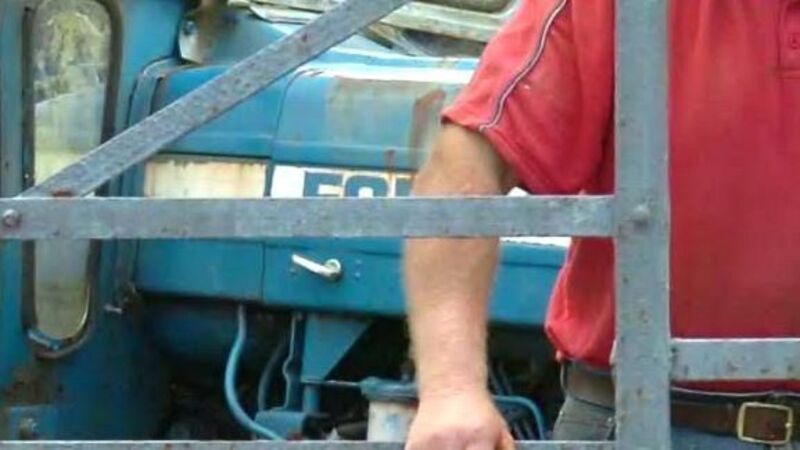A changing, challenging landscape - IFA elects president

Further, radical change in how Ireland’s 140,000 farmers — 380,000 people work for the State — produce food seems unavoidable and desirable. If farm viability, and thousands of downstream jobs, are to be secured, brave planning is essential.
It is not an exaggeration to suggest that farming has gone through greater change since Alan Gillis was elected IFA president in 1990 than the sector went through since the Co-operative Movement, established by Unionist MP Horace Curzon Plunkett, opened the first dairy co-op in Doneraile, Co Cork, in 1889. Accelerating advances in technology — chemical, veterinary, animal food sciences and reproduction, mechanical, and computing, not to mention 12-month housing of livestock — have utterly changed the business. Europe’s €55bn-plus a year in subsidies, the ability of retail giants to set farmgate prices, and the cold consequences of unsustainable debt are reshaping the industry and will continue to do so. However, it seems likely changing consumer tastes and the urgent need to cut greenhouse gases might have an even greater impact.











